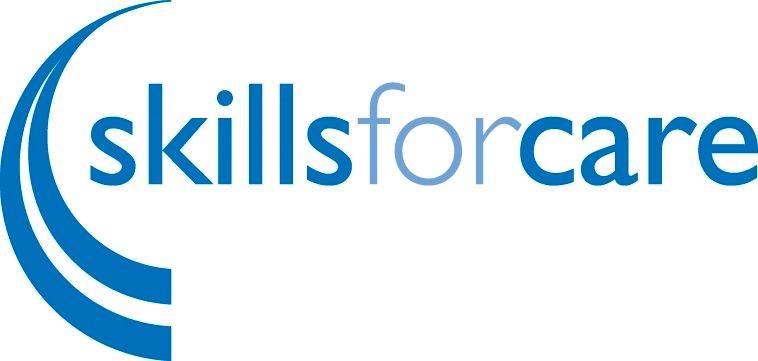Immigration White Paper:
Key Immigration Rule changes
24 October 2025
11.00am - 11.50am
Online
The UK government is making further changes to the immigration system to implement the measures outlined in the Immigration White Paper (IWP), published in May 2025.
These reforms aim to reduce net migration, boost productivity, and strengthen the UK economy by attracting highly skilled people.
We are hosting a series of online ‘Town Hall’ broadcasts to give an overview of the changes and what they mean for you.
All the dates are the same content so you only need to attend one
We encourage all stakeholders to attend. For more information on the rule changes, please refer to the summary below and the official guidance links provided.
Summary of key changes
1. Supporting Highly Skilled migration
- High Potential Individual (HPI) visa expansion: The number of eligible universities is being expanded to include international institutions ranked in the top 100, with a cap of 8,000 applications per year (from 4 November 2025).
- Global Talent visa enhancements: Expansion of the prestigious prizes list and evidential requirements for architects; (from 11 November 2025).
- Student transition to Innovator Founder visa: Students who have completed their course can establish their business while transitioning to this visa. (from 25 November 2025)
2. Tighter controls in the immigration system
- Graduate visa reform: reduced from two years to 18 months for most, with PhD graduates retaining three years (applies to applications from 1 January 2027).
- English language requirements: Raised to level B2 for Skilled Worker, HPI, and Scale Up visas (from 8 January 2026).
- Suitability requirements for family and private life visas: General Grounds for Refusal now apply, ensuring higher standards of good character (from 11 November 2025)
3. Additional Measures
Immigration Skills Charge increase: A separate process will increase the charge by 32% to encourage investment in British workers and reduce reliance on overseas recruitment.
- Settlement consultation: publication of the Earned Settlement and Citizenship consultation expected later in 2025.
- Preventing illegal working: Later this month, the Home Office will launch a six-week public consultation on extending right to work checks to cover a wider range of working arrangements.
- eVisa transition: In mid-July, we removed 90-day Entry Clearance vignettes for most main applicants on work and study routes. The next phase, starting in the coming weeks, will extend this to most main applicants on non-work/study routes and their dependants, as well as dependants of those included in the first phase.
For more details, please visit: Updates on the move to eVisas - GOV.UK
Further Information - Immigration White Paper: Restoring Control Over the Immigration System,
- Immigration Rules changes – Statement of Changes and Explanatory Memorandum: Statement of changes to the Immigration Rules: HC 1333, 14 October 2025 - GOV.UK
- Home Office news story on Gov.UK: Migrants will be required to pass A Level standard of English - GOV.UK
Share

























